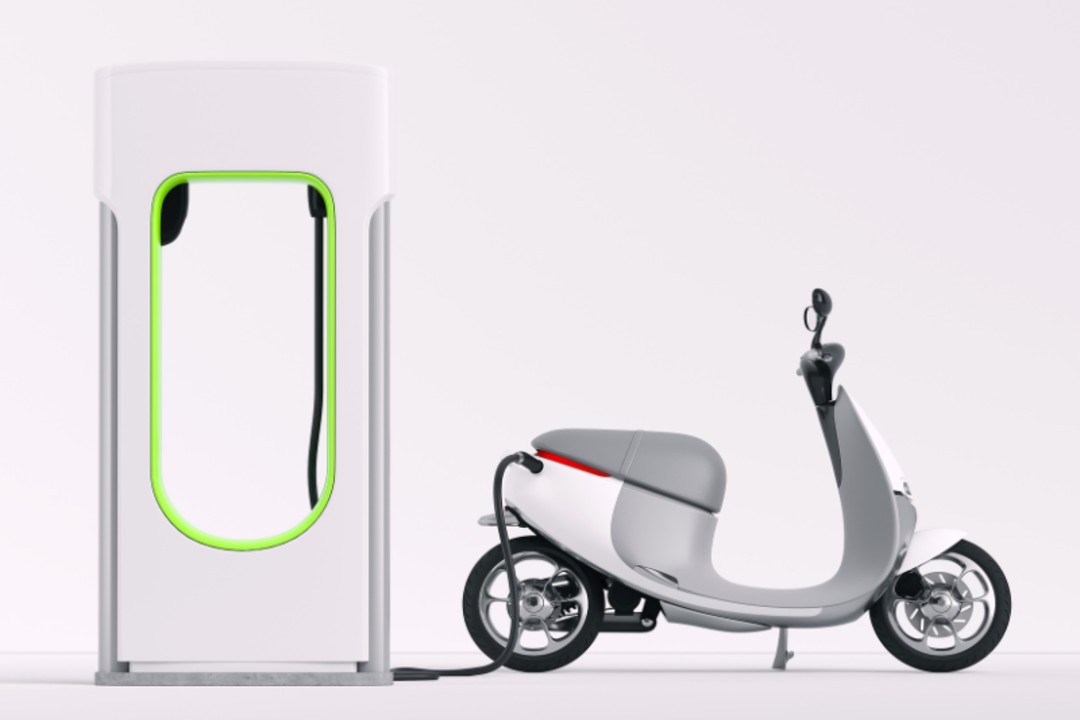Electric Vehicles (EV) have been impressively continuing their growth journey in India, setting new benchmarks and achieving new milestones each year. The government’s unwavering support has been instrumental in driving this burgeoning industry forward, making it easy for both manufacturers and consumers to embrace these innovative, eco-friendly vehicles. Over the last few years, a significant focus of the government has been to boost the indigenous production of lithium-ion batteries, a crucial component of EVs that accounts for a significant portion of the vehicle’s cost.
Due to the limited local availability of raw materials required for EV battery production, a large part of these batteries have so far been imported, primarily from countries such as China. However, the high import costs associated with these batteries have been a key challenge for the Indian EV industry, as it led to increased prices of EVs for the consumers. These high import costs have also been a significant barrier to the growth of local EV battery production in India.
Recognizing these key hurdles, the government has introduced various measures in the recent Union Budget aimed at overcoming these obstacles and supporting the domestic production of this crucial EV component. Some of these measures include exemption of critical minerals for EV battery production from custom duty and reduction of import duties on essential battery production equipment. These initiatives have sparked optimism within the Indian EV industry, giving it a chance to further push the limits of growth. With import costs being reduced, raw materials and components needed for EV battery production are likely tobecome more affordable, thereby significantly impacting the overall economics of EV battery production in India.
With lower costs, manufacturers would now be able to produce EV batteries locally at a more competitive price point. This, in turn, can drive up the demand for locally-produced batteries, creating a more sustainable and self-reliant industry. Moreover, the initiative may also encourage more companies to invest in local production facilities, which could lead to an increase in the production capacity of EV batteries in India.
Ultimately, it would help meet the growing demand for electric vehicles in the country. Additionally, reduced import costs could also spur innovation and technological advancements within the EV battery sector. With more affordable access to key materials, manufacturers could be more inclined to invest in research and development to improve the performance and efficiency of their batteries. This, in turn, could drive further growth and competitiveness in the market, paving the way for India to become a global leader in EV battery production.
However, while these reduced import costs are a boon for the local EV battery production industry, it could also pose a significant challenge in the form of increased competition from cheaper imported batteries. Imported batteries, especially those from countries with lower production costs could flood the market, making it difficult for local manufacturers to compete. EV companies might find it more economical to import batteries instead of utilizing locally produced ones, potentially leading to a loss of market share for local producers. This, in turn, could impact their profitability and sustainability in the long run. Thus, balancing the benefits of reduced import costs with the challenges of increased competition will be a key factor in determining the future of EV battery production in India.
To navigate the impact of reduced import costs and increased competition, local EV battery manufacturers in India must focus on innovation, quality, and differentiation. By investing in research and development, improving production processes, and upholding stringent quality standards, manufacturers can set themselves apart from cheaper imported batteries and foster customer loyalty.Collaboration and partnerships with government agencies, research institutions, and industry stakeholders can further strengthen the local EV battery production ecosystem. By working together to address challenges and leverage opportunities, manufacturers can overcome the hurdles posed by reduced import costs and emerge stronger and more competitive in the market.
As India continues its transition towards a greener transportation system, the demand for electric vehicles and their components is expected to grow significantly in future. Reduced import costs could be a game-changer for the EV battery industry, laying the groundwork for a robust domestic EV market. Looking ahead, we foresee the Indian EV ecosystem getting stronger and smarter in the months to come, bolstering the country’s status as a prominent global hub for electric mobility and clean energy technologies.







